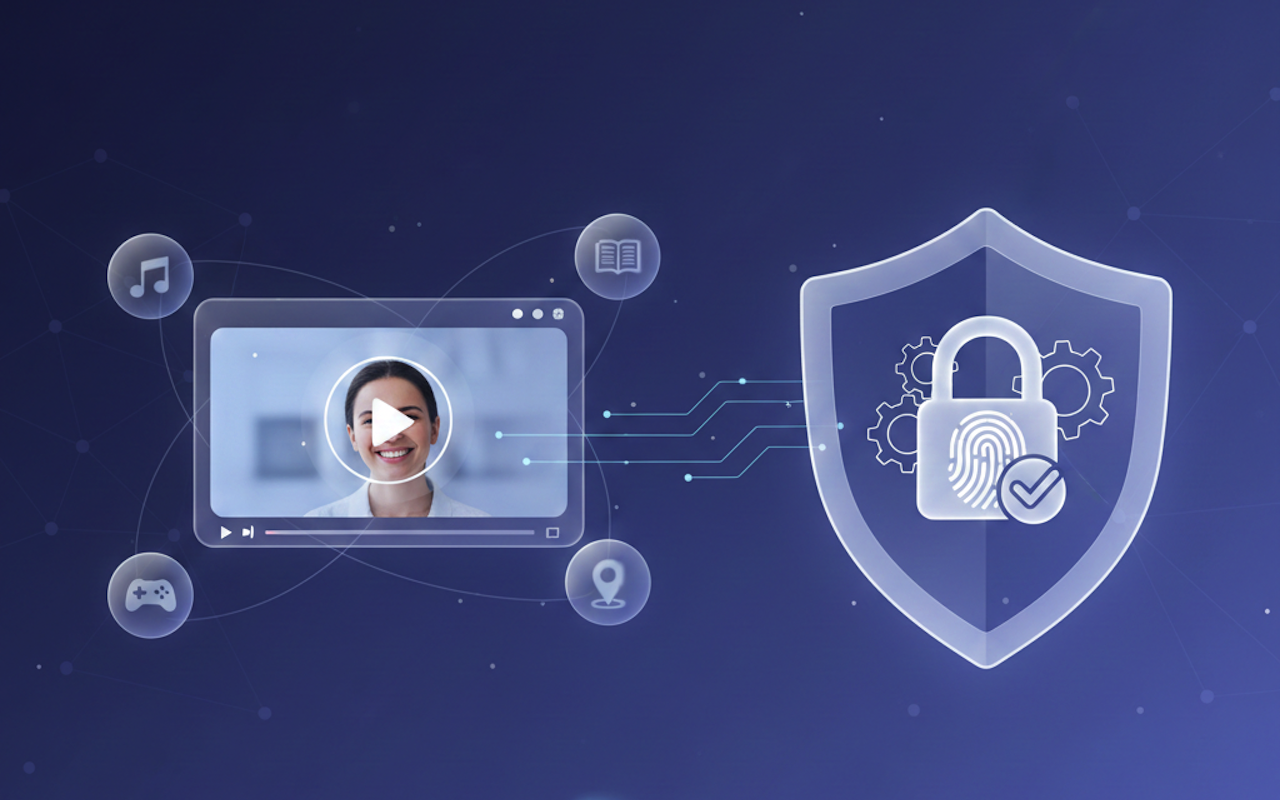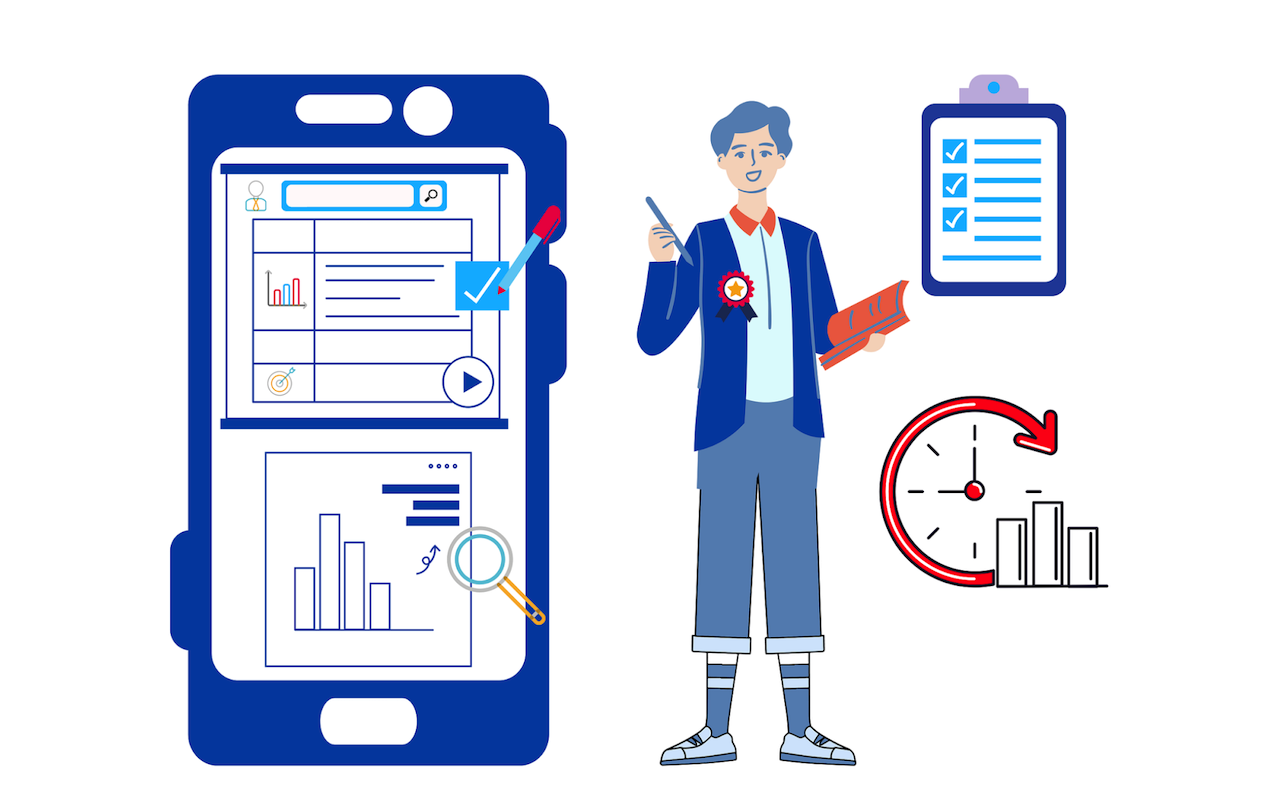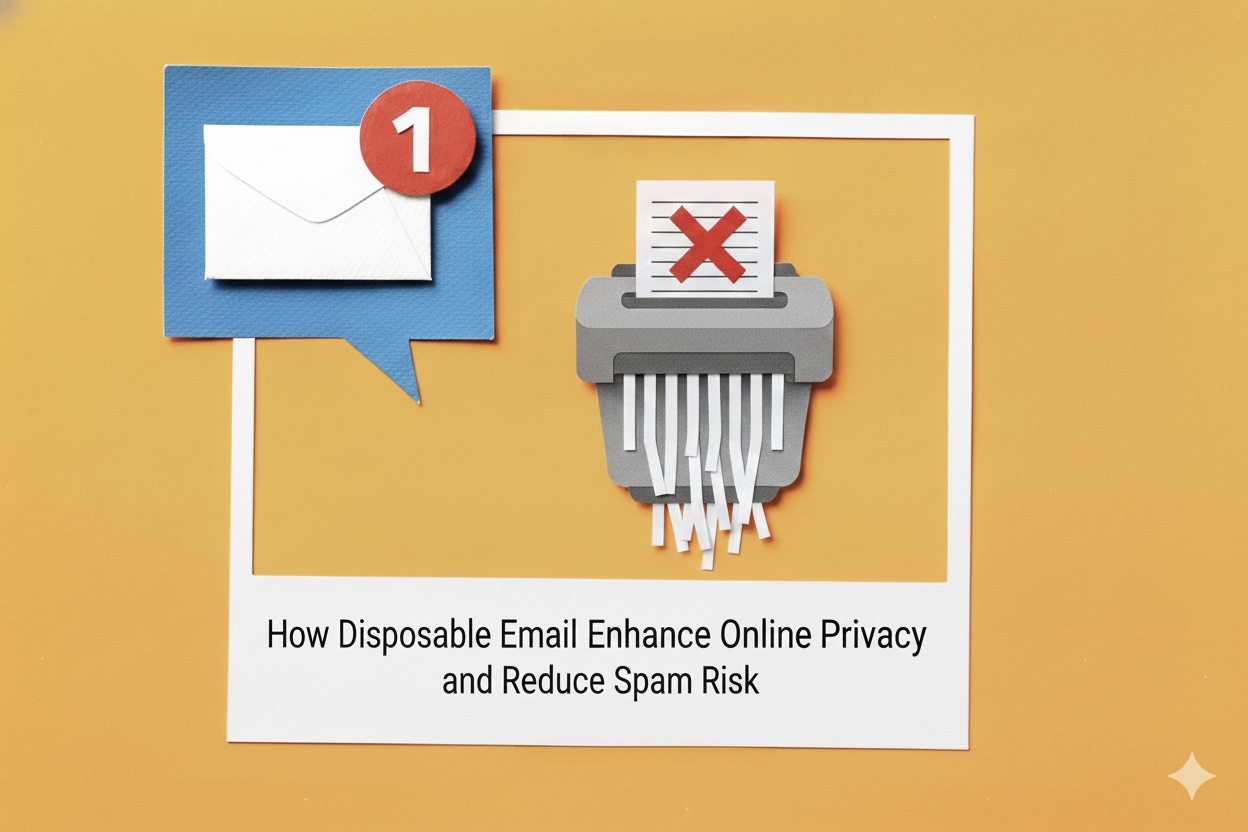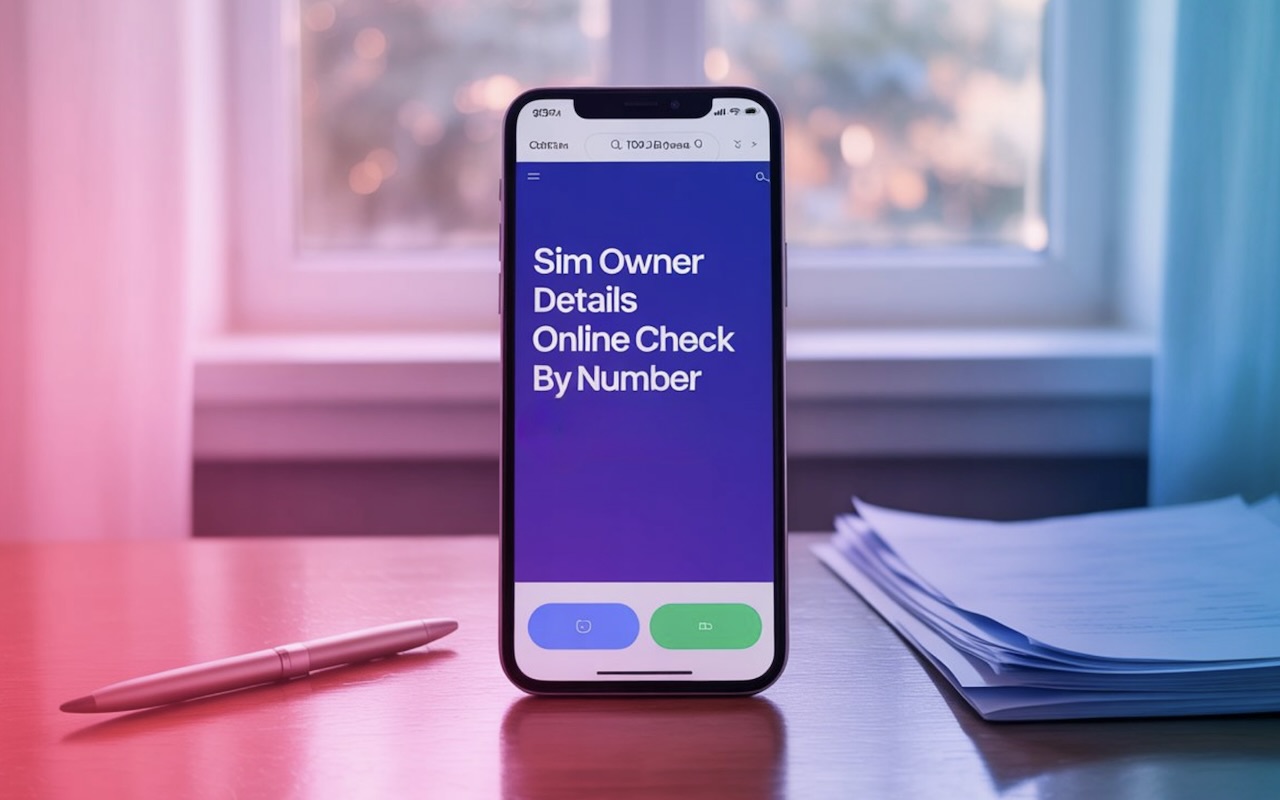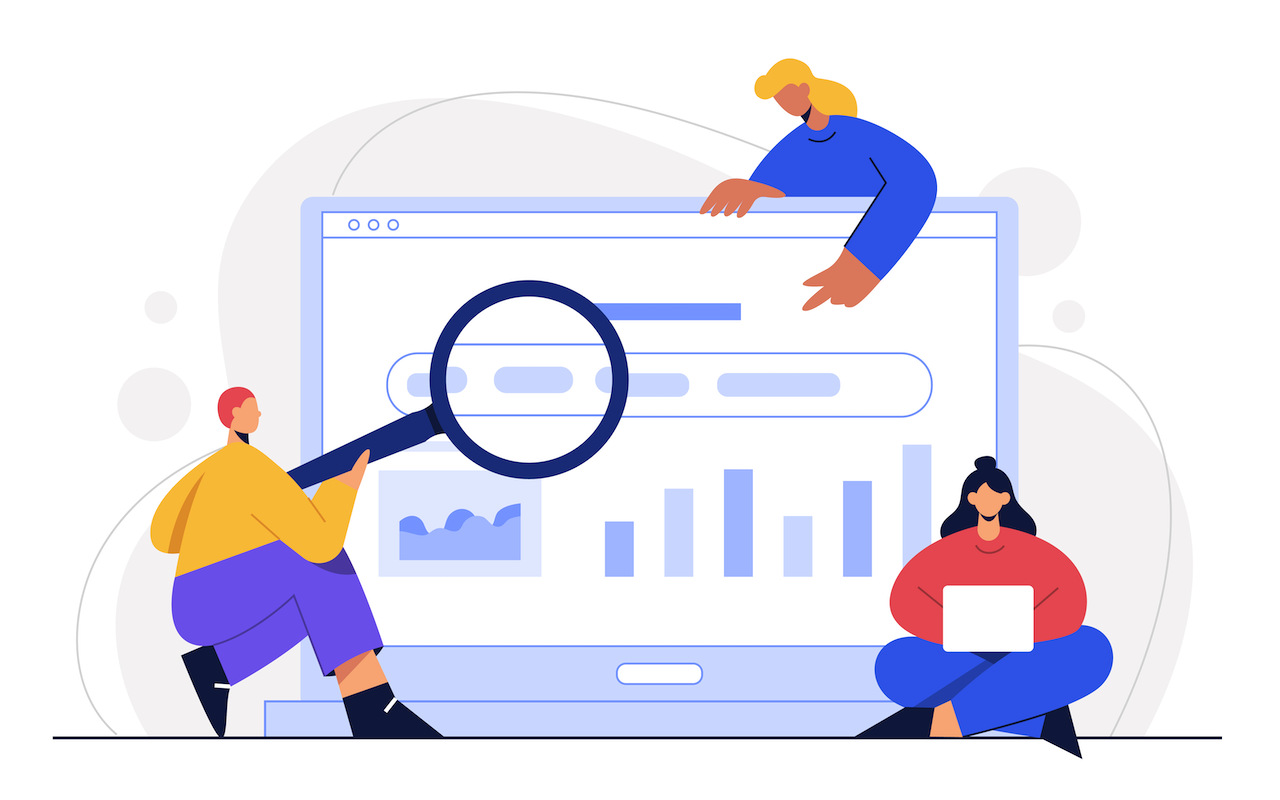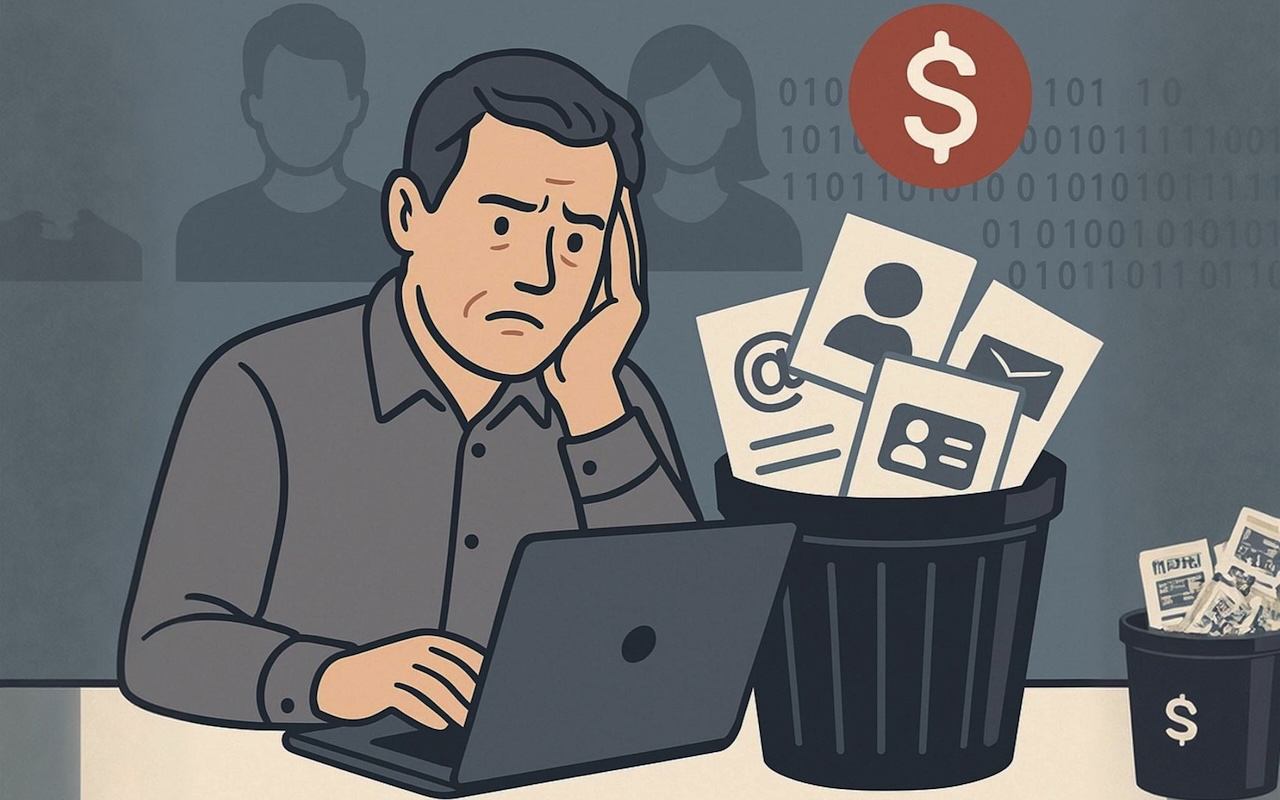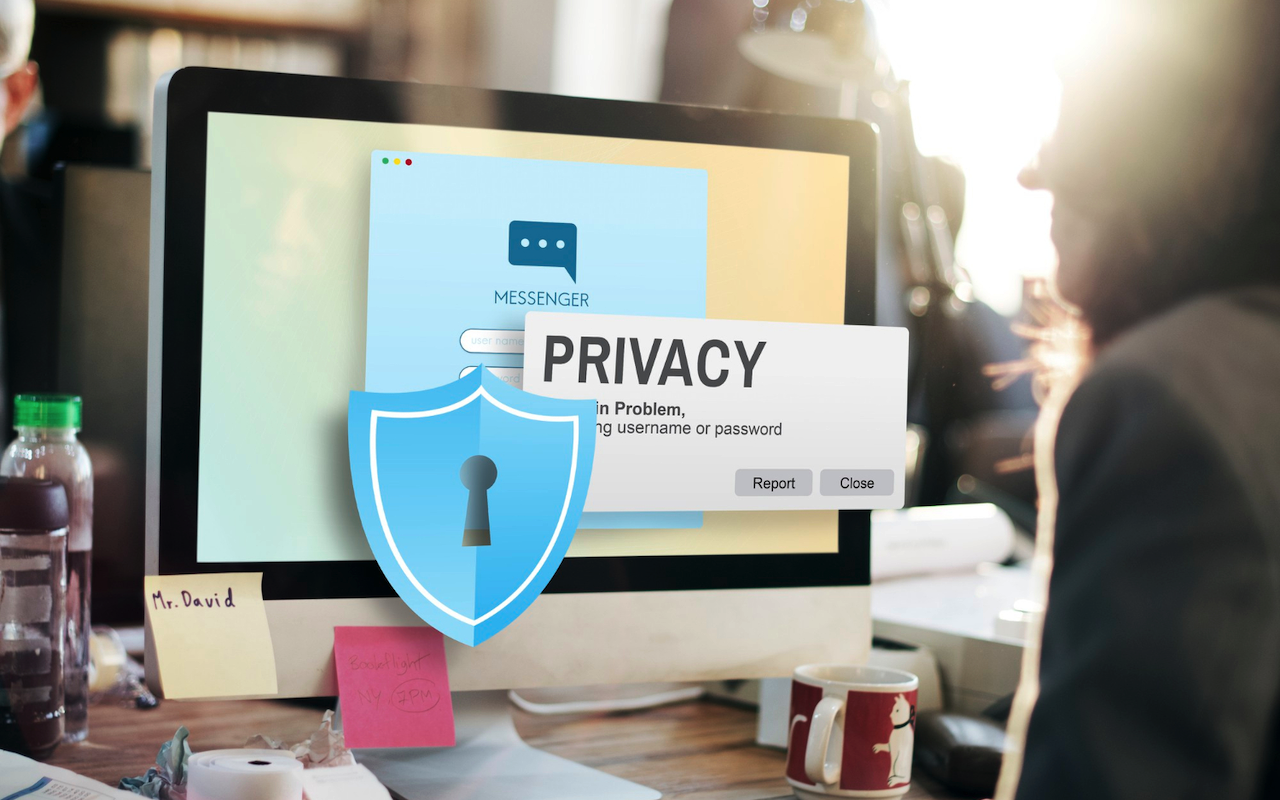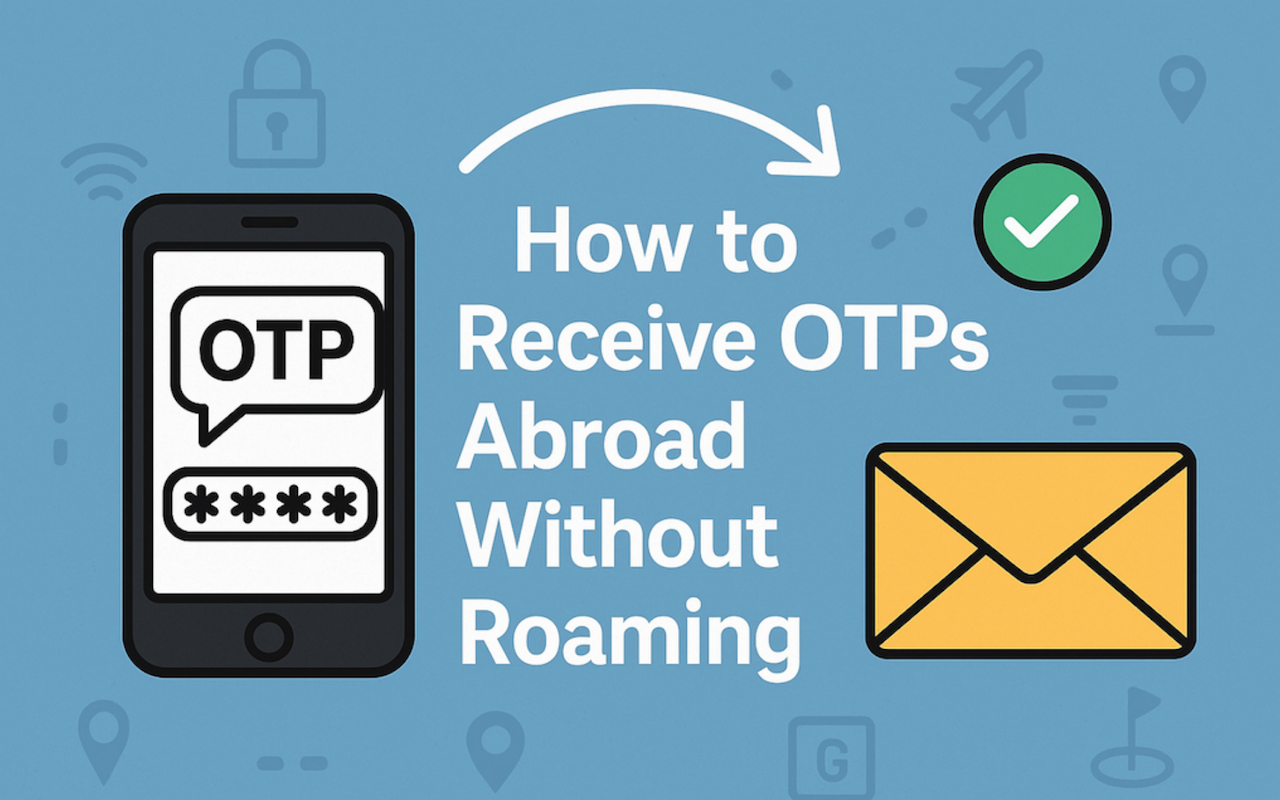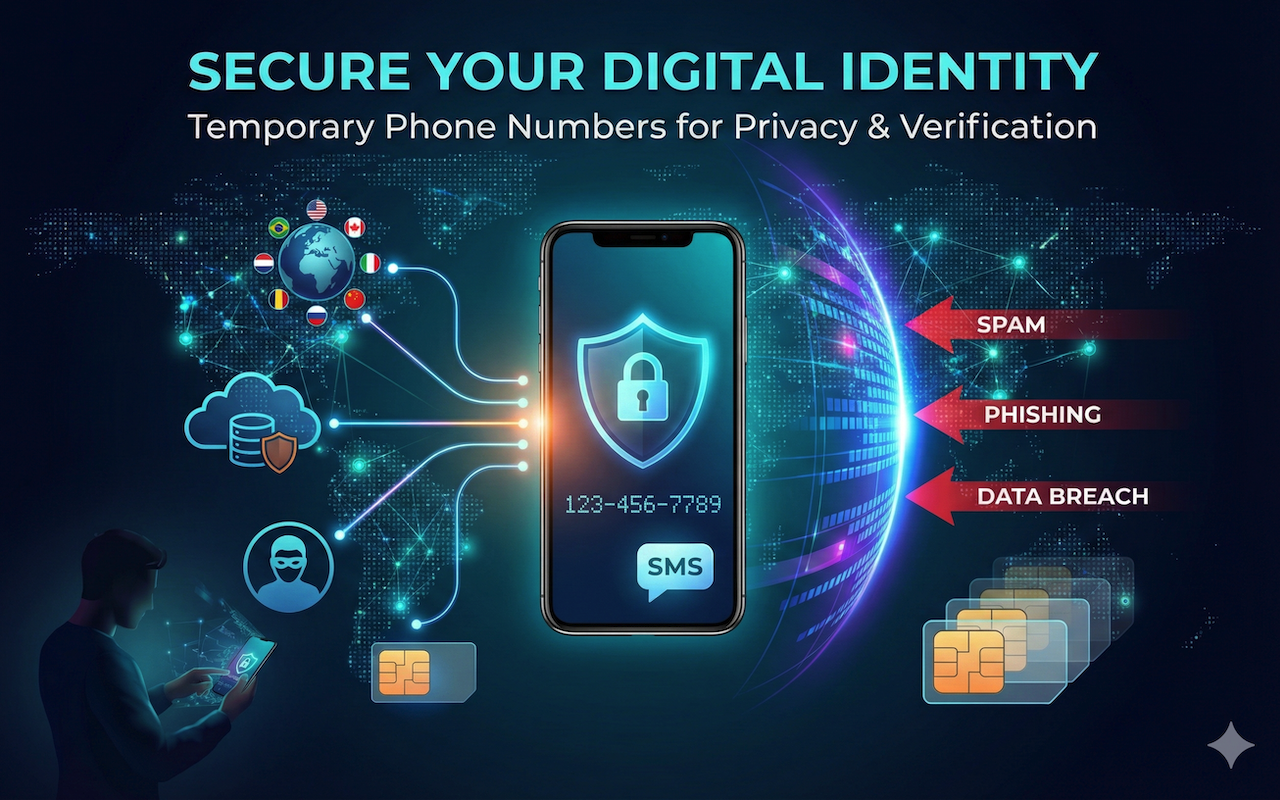
In today's hyper-connected digital world, safeguarding your personal information has become more important than ever. From social media profiles to online banking, nearly every service now requires phone number verification. While this process is designed to improve security, it also exposes users to privacy risks. Sharing your personal phone number across multiple online platforms increases the risk of spam, phishing attempts, and data breaches.

